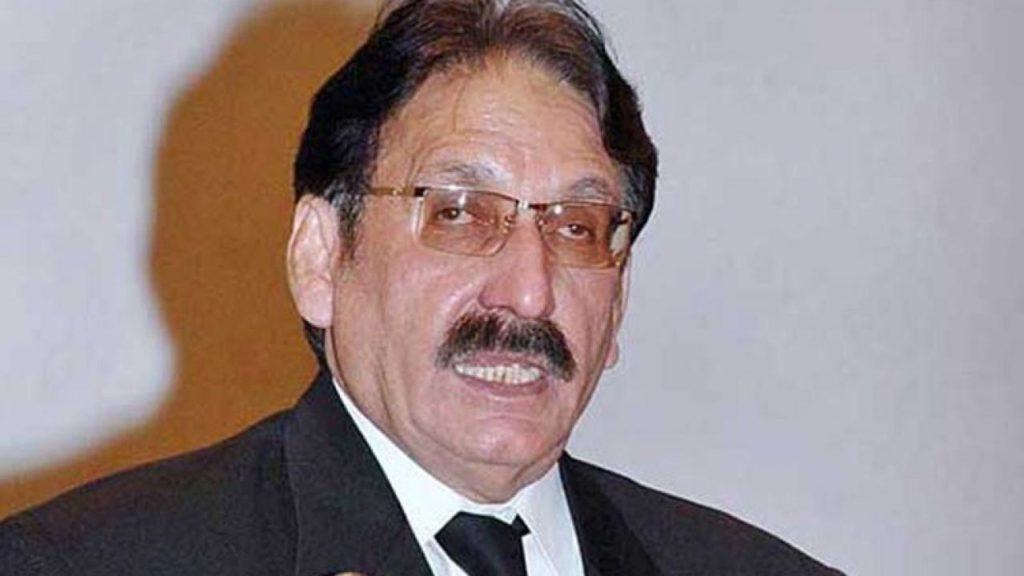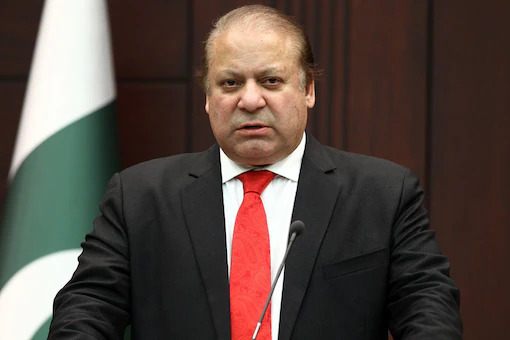Intellectual honesty is seeking truth regardless of whether the truth agrees with one’s own personal feelings and/ or beliefs or not. This means not lying to oneself or to others on what is clearly self-evident. Closely related to what one calls “old-fashioned values” such as propriety, integrity and sincerity, this is force-multiplied for those in public office. Good leaders should (1) never be shy about admitting they are wrong (2) approach problems rationally and (3) see change as an opportunity.
Harvard ethicist Louis M. Guenin describes the “kernel” of intellectual honesty to be “a virtuous disposition to eschew deception when given an incentive for deception”. Equate this description with the penchant of our political leaders to give differing statements at different forums, sometimes as personal expediency, and sometimes political expediency as blatantly claimed by a respected legal counsel. Panama Gate is no ordinary case it involves the prime public office holder. A good lawyer can conceivably get his client free on a legal technicality, but lawyers having any conscience have a public duty to the State to ensure that when it concerns the PM only the truth is presented as facts.
Moral obligation is a duty which one is not legally bound to fulfill but which one owes and should perform. Holders of public office have moral responsibility to perform one’s duty, legally bound or not. Morality is the principle of what behavior or action is right and wrong, which makes it acceptable and/ or not. German ethicist, Immanuel Kant, found the power of moral principles to be at the very core of ethics.
When intellectual honesty and moral obligation become alien in a society the first casualty is good governance, democracy than exists in name and on paper only as in Pakistan today. To perpetuate their own power our bureaucracy corrupts amenable politicians and military men alike whenever they come to power. Unfamiliar with the workings of the State and/or the bureaucrats running governance, sycophants and ‘yes-men’ who surround the rulers influence their decision-making. The rulers compete with the entrenched bureaucracy in accumulating wealth well beyond them known means of income, who can hold them accountable when they are in power? Judicious check and balance will ensure that no single branch can ride roughshod over the application of the rule of law.
Both military and political persona successive govts discard intellectual honesty and moral obligation in the pursuit of power. The tragedy is that this is also done by those duty and responsibility it is to prevent the possible abuse of power. A retired general explained that being blunt and straightforward means very likely being excluded from the system, the chances of reforming anything than disappears. He says one has to adopt double and even triple personalities to reach a level from which one can effect change in the system. Moral of the narrative, stay within the system at all and any cost! While one can understand the compromise on principles by the individuals on their way up the hierarchy chain, the greater tragedy is that they than tend to continue compromising on principles to protect their appointment and perquisites thereof.
With both intellectual honesty and moral obligation failing at the altar of greed and ambition the “doctrine of necessity” comes into play notwithstanding the removal of Article 58 (2b). Ruling over Pakistan for forty years the Army has not solved any of our problems, instead has added to them. The Army has no business being in either business or govt. For a short period the Army does give provide succour to the common man but by prolonging their stay and adjusting their original aim to the more material reasons of self-perpetuation, they go drastically off track. No surprise they soon become part of the problem they originally came to correct. The Pakistani “Kakar” model which the Bangladesh Army adopted almost 15 years later in 2007 than becomes the DS solution. Even that failed when accountability become selective and the military rulers changed tack to stay in power.

To avoid the “doctrine of necessity” as a last resort, the judiciary must be truly effective, objective and impartial, in particular not allowing “conflict of interest” among those holding public office. Former Chief Justice (CJ) of the Supreme Court (SC) Iftikhar Choudhry sent some deserving good judges home because of his personal vendetta instead of giving allowance for their predicament in extenuating circumstances. Filling those vacancies in a hurry, a few non-deserving and corrupt individuals were retained or were elevated into the superior judiciary. Assuming higher positions they even changed the laws to suit personal interests, etc. what did those who knew (and know) about this blatant misuse of authority and illegal accumulation of wealth do? Why do you think NAB and NAB officials are being intimidated in the way they are presently?
Community governance at the grassroots level is the very basis of democracy, do the stakeholders really have a voice that can make a difference? Without their true voice any democracy is a sham. All major political parties pay lip-service to blandly uphold the wording of “the rule of law” while in blatantly disregarding the enforcing of the spirit of justice. Can change be possible being deaf, dumb and blind to nepotism and corruption? Those who keep on parroting upholding of democratic traditions need to look at the conclusions of the Joint Investigation Teams (JITs). Maybe a Judicial Team comprising the superior judiciary with politicians and bureaucrats as observers can be tasked with reviewing some high profile cases e.g. Uzair Baloch, Dr. Asim, Asad Kharal, Nisar Moraii, etc. confessing to multiple crimes and implicating their mentor’s along with corroborating evidence. They could decide whether the confessions were truthful or made under coercion.
In Pakistan perception is reality, the present reality is that the PM and his immediate family have been misstating their position multiple times in the present PANAMA circumstances. Putting it bluntly, the masses believe they not only have something to hide regarding money-laundering, they have paid virtually no taxes. Without a real sense of ethics among our rulers things will never become better for the people, rampant intellectual dishonesty and their total apathy towards their moral obligations make them invariably choose colleagues and subordinates who they believe will blindly follow their criminal dictates. There is no greater “conflict of interest” than retaining power to influence state institutions turning fiction into facts and converting facts to become fiction. Mian Nawaz Sharif continuing as PM taking national security decisions during the SC hearing of the Panama Gate case becomes extremely controversial in the present circumstances.




